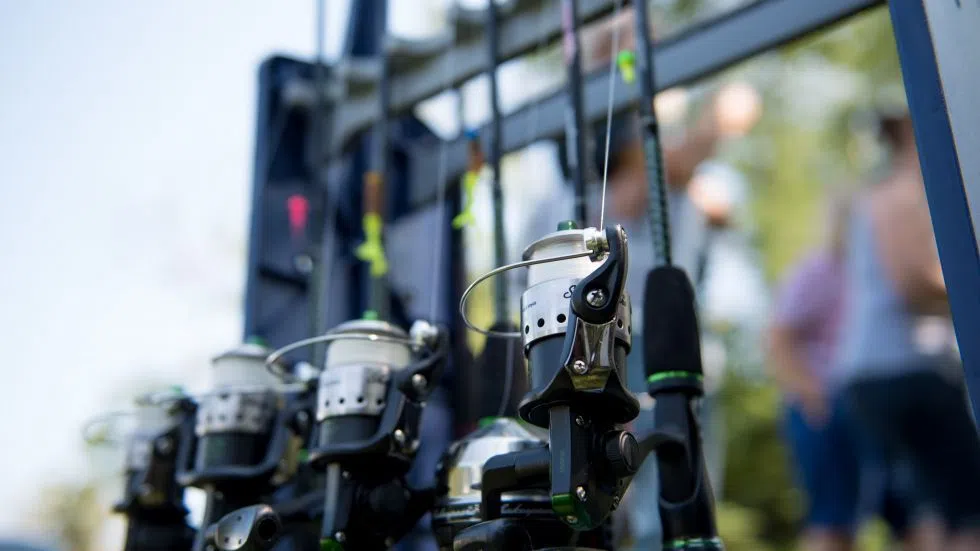
Man convicted of illegally selling fish
A northern Saskatchewan man has been found guilty of illegally selling fish following an investigation in Canoe Narrows.
Donald Iron was convicted on several charges under The Fisheries Act of Saskatchewan. During a trial, Iron admitted to selling fish without a commercial fishing license in April, May and September of 2017.
Iron also admitted he knew it is illegal to sell fish without a license, but alleged that he was trapped into committing the offences by a conservation officer and also told the court the offences were “so minor that the law should not be concerned with them.”
The decision from the Provincial Court of Saskatchewan was published in an online legal database earlier this month.


